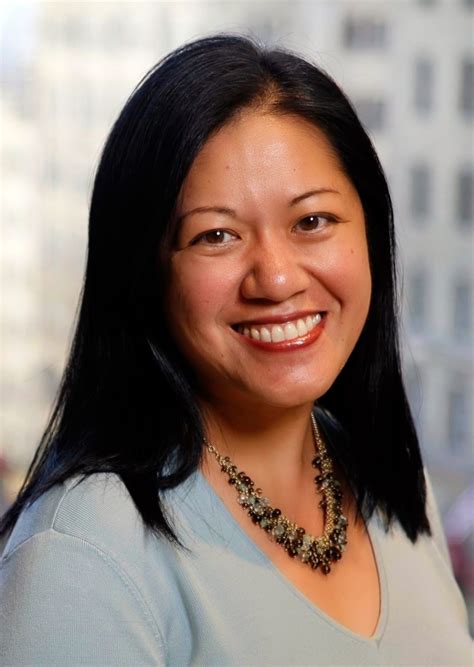A Quote by Simon Mainwaring
For decades, media companies have largely controlled the tools through which consumers were told what to buy, wear or think. Now consumers possess the same ability to produce, distribute and curate content and distribute it to their peers in real time across social media platforms.
Related Quotes
If old consumers were assumed to be passive, then new consumers are active. If old consumers were predictable and stayed where you told them, then new consumers are migratory, showing a declining loyalty to networks or media. If old consumers were isolated individuals, then new consumers are more socially connected. If the work of media consumers was once silent and invisible, then new consumers are now noisy and public.
Some of the power has shifted from companies to people. Using social media tools (blogs, wikis, tagging, etc.) more individuals are creating semi-spontaneous 'groundswells' of opinions to which companies and other institutions are realizing they must respond. From marketing to consumers organizations are being pulled into engaging with individuals.
ISIL's widespread reach through the Internet and social media is most concerning, as the group has proven dangerously competent at employing such tools for its nefarious strategy. ISIL uses high-quality, traditional media platforms as well as widespread social media campaigns to propagate its extremist ideology.
Brands' use of social media is not a matter of yes or no. It is simply a matter of how and when. The next generation of consumers will expect their brands to always be available, providing interactive experiences and bringing value to our lives by taking advantage of social media tools in their marketing communications
The most potentially transformative impact of social media is its ability to encourage brands to marry profit and purpose. The reason brands participate is that such outreach earns those companies social currency enabling them to start or participate in conversations that connect them to consumers in meaningful ways.

































